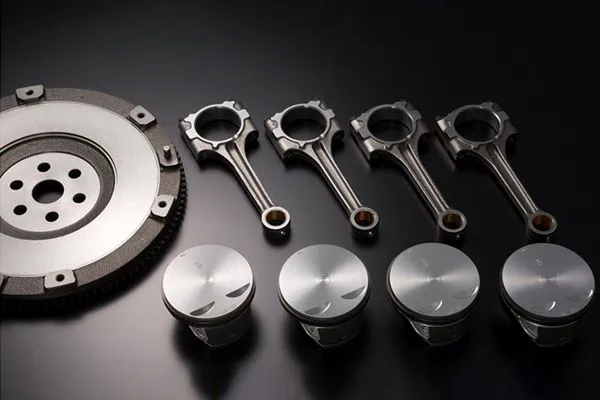Why Is CNC Machining the Future of Manufacturing?
2024-12-09
In the world of modern manufacturing, CNC Machining has emerged as a cornerstone technology. From precision engineering to mass production, it’s transforming how products are designed, developed, and delivered. But what makes CNC machining so indispensable? Let’s dive into the reasons.
1. What Is CNC Machining?
CNC (Computer Numerical Control) machining is a manufacturing process where pre-programmed computer software controls machinery tools. It automates the precise cutting, shaping, and finishing of materials like metal, plastic, wood, and composites, enabling high levels of accuracy and repeatability.
2. How Does CNC Machining Work?
The process starts with a CAD (Computer-Aided Design) model of the desired product. This design is converted into a CAM (Computer-Aided Manufacturing) file, which translates the specifications into machine instructions. These instructions guide the CNC machine to perform tasks like drilling, milling, turning, or grinding with unparalleled precision.
3. What Are the Key Advantages?
- Unmatched Precision: CNC machines achieve tolerances as tight as a few micrometers, ensuring high accuracy for intricate parts.
- Consistency and Repeatability: Unlike manual processes, CNC machining produces identical parts every time, making it ideal for mass production.
- Efficiency: Automation reduces production time, enabling faster turnarounds without sacrificing quality.
- Versatility: From aerospace components to medical implants, CNC machines can work with diverse materials and designs.
- Reduced Waste: By optimizing material usage, CNC machining minimizes waste, making it an eco-friendly choice.
4. Applications Across Industries
CNC machining is a cornerstone technology in various sectors:
- Automotive: Used for manufacturing engine components, transmission parts, and custom tools.
- Aerospace: Ensures precision in turbine blades, aircraft frames, and space-grade materials.
- Healthcare: Creates intricate surgical instruments, implants, and prosthetics.
- Electronics: Produces small, complex parts like heat sinks, connectors, and casings.
5. How Does It Compare to Traditional Methods?
While traditional machining requires manual operation and lacks precision, CNC machining automates the entire process, ensuring:
- Faster production times.
- Greater complexity in designs.
- Minimal human error.
- Scalability for both prototypes and large production runs.
6. Why Is CNC Machining the Future?
The rise of Industry 4.0 is driving advancements in CNC machining. Integration with AI, IoT, and robotics is enabling:
- Smart Factories: Machines that self-optimize for efficiency and quality.
- Custom Manufacturing: On-demand production tailored to specific needs.
- Global Collaboration: Cloud-based design and production processes.
- Sustainability: Improved resource utilization and energy efficiency.
Final Thoughts
CNC machining represents the perfect blend of precision, efficiency, and innovation. Its ability to meet the ever-evolving demands of modern industries makes it an indispensable tool in manufacturing.



